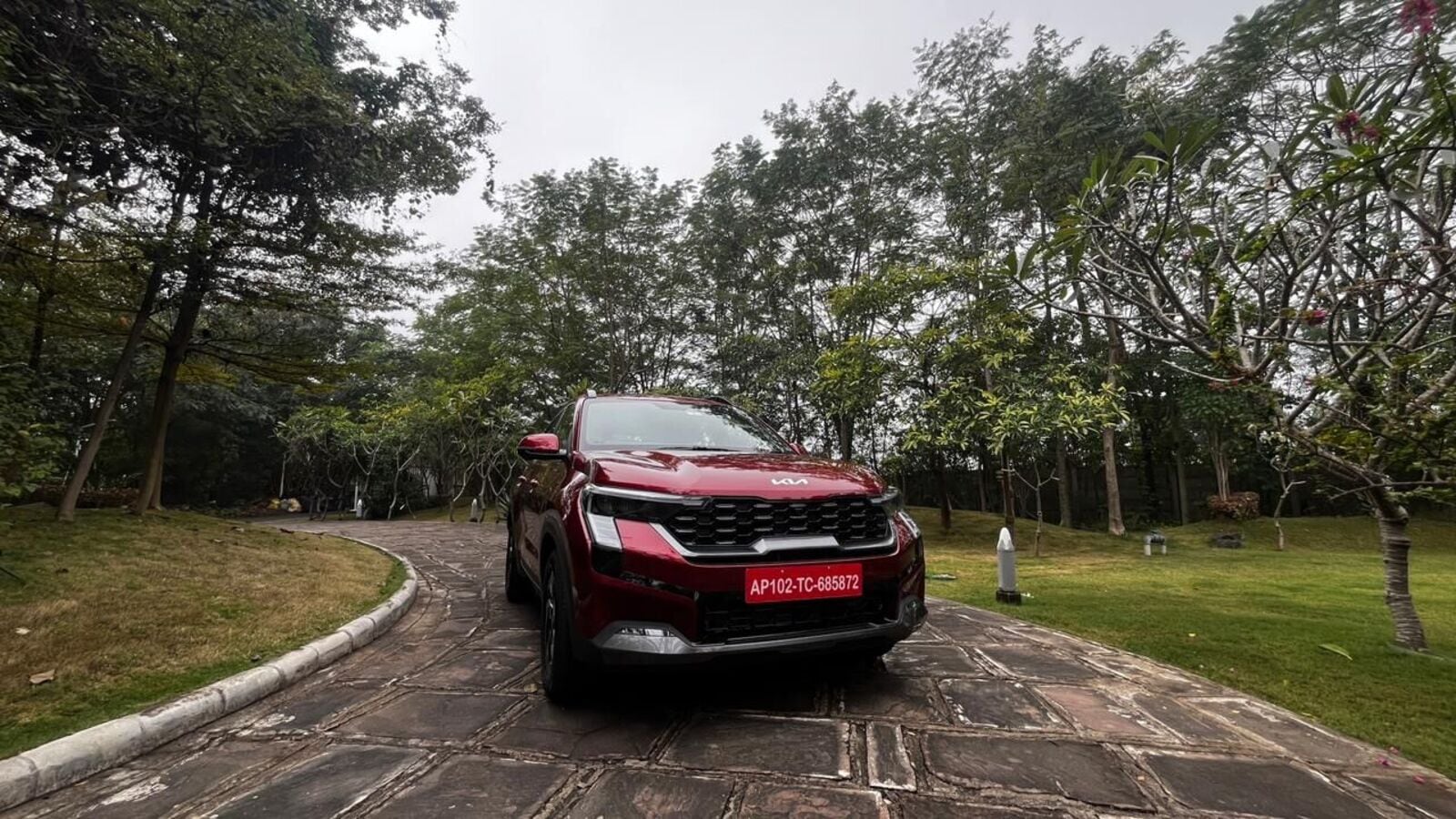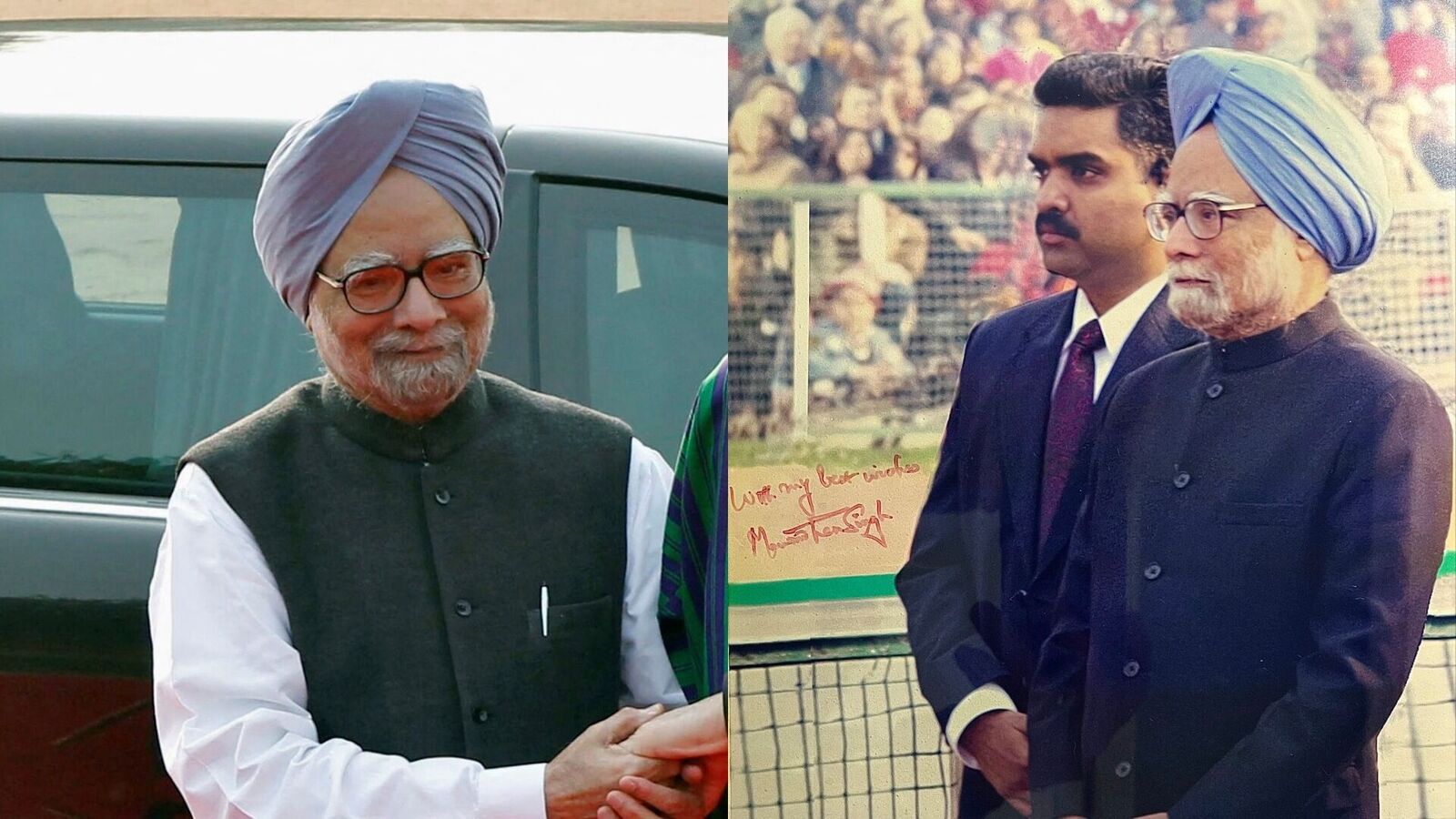Ford announced its exit from the Indian market back in 2021 owing to poor sales resulting in a loss of $2 billion here and eventually completed the exit process in 2022. It was one of the major blows for the country’s manufacturing sector as several other auto OEMs like Chevrolet, Datsun etc called it quit from India.
Ford’s exit from India created quite a ruckus in the country’s automotive market as well as in the country’s business community. The OEM used to make cars locally in India and some of its models like EcoSport were pretty popular in the country at some point. Despite the rapid rise in competition, Ford still had some dedicated takers among the Indian buyers. However, after its complete exit from the country, now, after two years of that, the automaker has suddenly brought its full-grown SUV Endeavour in India, which is also known as Ford Everest.
Entering or re-entering a market is a strategic decision for any automaker that depends on multiple factors, including market conditions, competition, consumer preferences and regulatory environment. The question arises, why Ford could return to India just two years after it called quit? Here are some possible reasons.
Watch: Watch: 2022 Ford Bronco Raptor SUV takes off-roading to the next level
Improving regulatory environment
In the last few years, especially since the Covid-19 pandemic, India’s manufacturing sector has received a shot in the arm fuelled by the government’s willingness to make it a global hub for heavy manufacturing. Automobiles, being one of the apex segments in the manufacturing sector are naturally gaining prominence. The schemes like Production Lined Incentive (PLI), improving the ecosystem for MSMEs, which have always played a key role in the automotive supply chain are further propelling the growth.
This improving business ecosystem owing to a better regulatory environment is one possible reason why Ford wants to return to India and join the party. Industry experts believe that the automaker could also make India an export hub for its electric vehicles, especially on the back of the PLI scheme and likely FTAs being entered into. Former head of marketing, product planning and PR at Volkswagen India, Avik Chattopadhyay said that India could be a high-skill yet cost-effective manufacturing base for Ford for its export business. “Ford can set up a development centre in the country to go with manufacturing of EVs,” he further said adding that, currently, there is no domestic market of any scale for the automaker. The OEM may offer only electric vehicles in India but the penetration will be very very low in that case, Chattopadhyay further added.
Evolving consumer preference
Ford was never actually known as an affordable carmaker. At the same time, Indian consumers are increasingly showing their interest towards bigger and better, upmarket passenger vehicles, which is a dynamic shift from the sentiment we used to see a few years back. Buoyed by this demand for upmarket cars, in the last few years, several automakers including the traditionally small carmaker Maruti Suzuki have started focusing on bigger SUVs and cars with a premium vibe rather than offering mundane small models meant for commuting between point A and B. Ford is possibly seeing this as an opportunity to market itself in the country as a viable option for new-age Indian buyers.
Acquaintance with the Indian business model
Despite exiting business in India in 2022, Ford still has its connection with India and has manufacturing and R&D assets in the country. This makes it relatively easy for the American auto major to make a new beginning here. By holding on to its Chennai plant here in India, which was responsible for rolling out popular models like EcoSport for domestic and export markets, Ford wants to focus on the electrification and digital transformation of some core segments of the automobile industry, where it is a leader. Interestingly, the Chennai plant boasts a capacity to manufacture 200,000 vehicles and 340,000 engines a year, which could play a key role in the automaker’s comeback story in India.
If the automaker wants to come back to India, it won’t have to invest in the initial market study any carmaker conducts before officially entering any market. Ford already had a local supply chain, which could be functional again. Setting up a local dealership and service workshop network too may not be difficult considering that it was not long ago Ford had such a network across India. In short, all these translate to faster operationalisation and potential cost savings.
Rapidly growing upper middle-class buyers
This is one of the key reasons behind Ford’s possible return to India. The country is likely to have the world’s highest upper-middle-class population by the end of this decade, who are ambitious and would play a key role in the country’s passenger vehicle market’s growth. Ford has possibly assessed this factor and wants to encash it. In the last two years, we have seen the launch of some products that were unthinkable even a decade ago.
Toyota Hilux is one of the key lifestyle pickup trucks launched in India in the recent past. Not only that, despite contributing a minuscule part to the overall vehicle sales in India, the Hilux registered an incremental sales volume in the country since its launch here, which testifies that the country’s consumer preference is evolving drastically. Ford has pickup trucks like Ranger, and F-Series models in its portfolio, which could be instrumental if the automaker aims to grab a chunk of the pickup truck pie here. In fact, the Ford Ranger pickup has been already spotted in the country alongside the Endeavour.
Ford being a major player in the pickup truck segment worldwide, wants to grab a chunk of the segment. Speaking about Ford’s possible return to India, Puneet Gupta, Director of S&P Global Mobility, said that it’s never too late to return to the country to business. “Exiting India was never the right move for an established player like Ford. I think it’s never too late and considering India will have the highest upper-middle-class population by 2031, Ford in India has a long way to go if they restart their innings,” he added. Having a long list of SUVs in its portfolio too could play a key role in the automaker’s decision to come back to India, since India is one of the fastest-growing markets for the SUV population.
Play small, win big
A key strategy fuelling Ford’s possible return to India is the play it small, win it big strategy. Ford CEO Jim Farley has made it clear that the OEM will be focusing on a lean disciplined operating system. This will ensure a shift away from thin profit margins, which indicates that the automaker would focus on cars that will fetch bigger profit for the company despite selling in low volumes, instead of selling lower-level affordable cars at thin profit margins, which has been a traditional approach of the auto OEMs in India over the last few decades.
Contract manufacturing for other OEMs?
Under its current CEO, Ford has been increasingly focusing on electrification and digital transformation. In India as well, these two technologies are finding an increasing footprint over the last couple of years. Industry experts believe that Ford may also mull the idea of offering contract engineering of electric vehicles in the country for other OEMs, which will eventually help it to bring revenue from a country it exited a few years back.
First Published Date: 11 Mar 2024, 11:11 AM IST




